Will Sealcoating Extend the Life of My Driveway?
Highlights:
- Sealcoating protects asphalt from weather, UV rays, and fluid damage.
- Routine sealing every 2–3 years can extend your driveway’s lifespan.
- Sealcoating is more cost-effective than full resurfacing or replacement.
- Advance Paving Co. INC provides professional sealcoating in Spring Hill, TN.
- Appearance, durability, and environmental responsibility are added benefits.
The Basics of Sealcoating
Sealcoating is a liquid barrier applied to asphalt surfaces that protects against weather, oxidation, and chemical damage. Over time, asphalt degrades from sun exposure and moisture, becoming brittle and cracked. A properly applied sealcoat slows this damage and maintains flexibility. Homeowners in Spring Hill, TN, often use sealcoating to shield their driveways from seasonal wear and tear. While it doesn’t repair major cracks or potholes, it does prevent small issues from becoming larger ones. Sealcoating also restores the surface’s deep black appearance, boosting both performance and curb appeal.
How It Slows Deterioration
Asphalt is vulnerable to water infiltration. When moisture seeps into small cracks, it weakens the base layer and leads to structural issues. Sealcoating provides a waterproof barrier, reducing the impact of freeze-thaw cycles and oxidation. According to the National Asphalt Pavement Association, sealcoating minimizes oxidation and reduces the rate of pavement deterioration. In a climate like Spring Hill’s, where temperatures and precipitation fluctuate, this layer of defense can significantly extend a driveway’s lifespan. By limiting water damage, homeowners reduce the frequency of crack repairs and surface failures.
Cost Savings of Preventive Maintenance
While sealcoating has an upfront cost, it can be a wise long-term investment. Replacing an asphalt driveway costs significantly more than maintaining it. According to Bob Vila, sealcoating costs between $0.10 and $0.30 per square foot, while full replacement can exceed $5.00 per square foot. That means regular sealing can delay costly repairs or reconstruction. Consider sealing every two to three years, depending on traffic and sun exposure. Proactive care helps protect your property without draining your budget.
Frequently Asked Questions
How often should I sealcoat my driveway?
Typically every 2 to 3 years, though this depends on weather and wear.
Will sealcoating make my driveway look new?
Yes, it restores the dark black finish and improves visual appeal.
Can sealcoating be done in the winter?
No. It should be applied in dry, warm conditions above 50°F.
Appearance and Property Value
Besides functionality, sealcoating significantly enhances your driveway’s appearance. A fresh black finish looks clean, uniform, and well-kept. For homeowners looking to sell, this small upgrade can enhance curb appeal and create a positive first impression. Sealcoating also makes painted lines and markings more visible, which is helpful for properties with defined parking zones. While aesthetics may seem secondary, a visually appealing driveway can suggest that the entire home is well-maintained — a bonus in competitive markets like Spring Hill, TN. In short, it improves both form and function.
Defense Against Oil and UV Damage
Driveways are constantly exposed to car fluids, sun, and harsh weather. Over time, oil and gasoline can break down the asphalt binder, leading to weak spots. UV rays also contribute to fading and cracking by drying out the surface. Sealcoating adds a protective layer that resists chemical spills and blocks UV penetration. This means fewer repairs, fewer soft patches, and less frequent fading. For high-traffic households or those with older vehicles, this protection is especially valuable.
Best Timing and Prep Work
Sealcoating works best in warm, dry seasons — typically late spring through early fall in Spring Hill, TN. The driveway must be clean, dry, and free of major damage before application. Surface cleaning, edging, and crack filling should be done ahead of time to ensure proper adhesion. Most professional paving companies, including Advance Paving Co. INC, include prep work as part of their service. After application, allow at least 24 to 48 hours before driving on the surface. Proper preparation and patience ensure the sealcoat lasts its full life span.
Frequently Asked Questions
Does sealcoating fix cracks?
Not directly. Cracks must be filled before sealcoating for best results.
What if my driveway is already crumbling?
Sealing won’t help severely damaged driveways. In that case, resurfacing may be needed first.
Can I sealcoat my driveway myself?
DIY is possible, but professionals ensure better coverage, bonding, and longevity.
How Often Should You Reapply?
It’s important not to over-seal your driveway. Too many layers can cause surface cracking and reduce traction. Most homeowners benefit from sealcoating every two to three years. According to U.S. Pave, regular sealcoating can extend an asphalt driveway’s lifespan by up to 20 years when combined with crack repairs and routine maintenance. Still, visual inspections are essential. If your driveway looks faded, absorbs water instead of repelling it, or has visible cracks, it may be time to reseal. Advance Paving Co. INC offers on-site evaluations in Spring Hill, TN to determine whether resealing or other maintenance is appropriate.
Environmental and Safety Benefits
Sealcoating can contribute to a safer and more environmentally responsible property. By sealing the surface, you reduce the chance of water runoff that carries debris and chemicals into nearby soil and drainage systems. It also prevents erosion and controls dust in drier seasons. Many modern sealants use water-based or low-VOC formulas that reduce impact on air and groundwater. Fewer cracks and potholes also mean safer footing for children, visitors, and delivery drivers. These added benefits make sealcoating a smart choice, not just for longevity, but for community and environmental health.
Frequently Asked Questions
How long does sealcoating take to cure?
Generally, 24 to 48 hours, depending on humidity and temperature.
Can sealcoating stop weed growth?
It helps, but cracks must be filled first to prevent regrowth.
Does sealcoating improve skid resistance?
Yes, especially when sand is added to the mixture for texture.
Common Mistakes to Avoid When Sealcoating
While sealcoating offers many benefits, mistakes during the application process can reduce its effectiveness or even damage your driveway. One of the most common errors is applying sealcoat too frequently. Excess layers can trap moisture and lead to peeling or cracking. Another issue is sealing over a dirty or oily surface, which prevents proper adhesion. Homeowners in Spring Hill, TN should ensure their driveways are professionally cleaned before application. It’s also important to address all major cracks and structural damage beforehand. Sealcoating is a preventative treatment—not a cure for underlying problems.
Weather conditions also play a critical role. Applying sealcoat in cold, wet, or extremely hot conditions can result in poor curing and an uneven finish. A minimum temperature of 50°F and no rain in the forecast for at least 24 hours is ideal. Rushing to drive on the newly coated surface before it fully cures can cause tire marks or imprints. Allowing at least 48 hours of cure time provides the best results. Avoiding these mistakes ensures that your investment in sealcoating pays off with long-lasting durability and visual appeal.
How to Choose a Sealcoating Contractor
Not all sealcoating services deliver the same quality. Choosing the right contractor is key to maximizing your driveway’s lifespan. Start by looking for licensed, insured professionals with positive local reviews and references. Ask about their materials—coal tar and asphalt emulsion are the most common—and make sure they offer surface prep and crack repair as part of their process. Avoid deals that seem too good to be true; low prices can mean low-quality results. Advance Paving Co. INC, who has asphalt contractors in Spring Hill, TN with experience, uses proven application techniques and high-grade materials to ensure lasting protection. A reputable contractor will also offer a clear estimate, timeline, and warranty options for peace of mind.

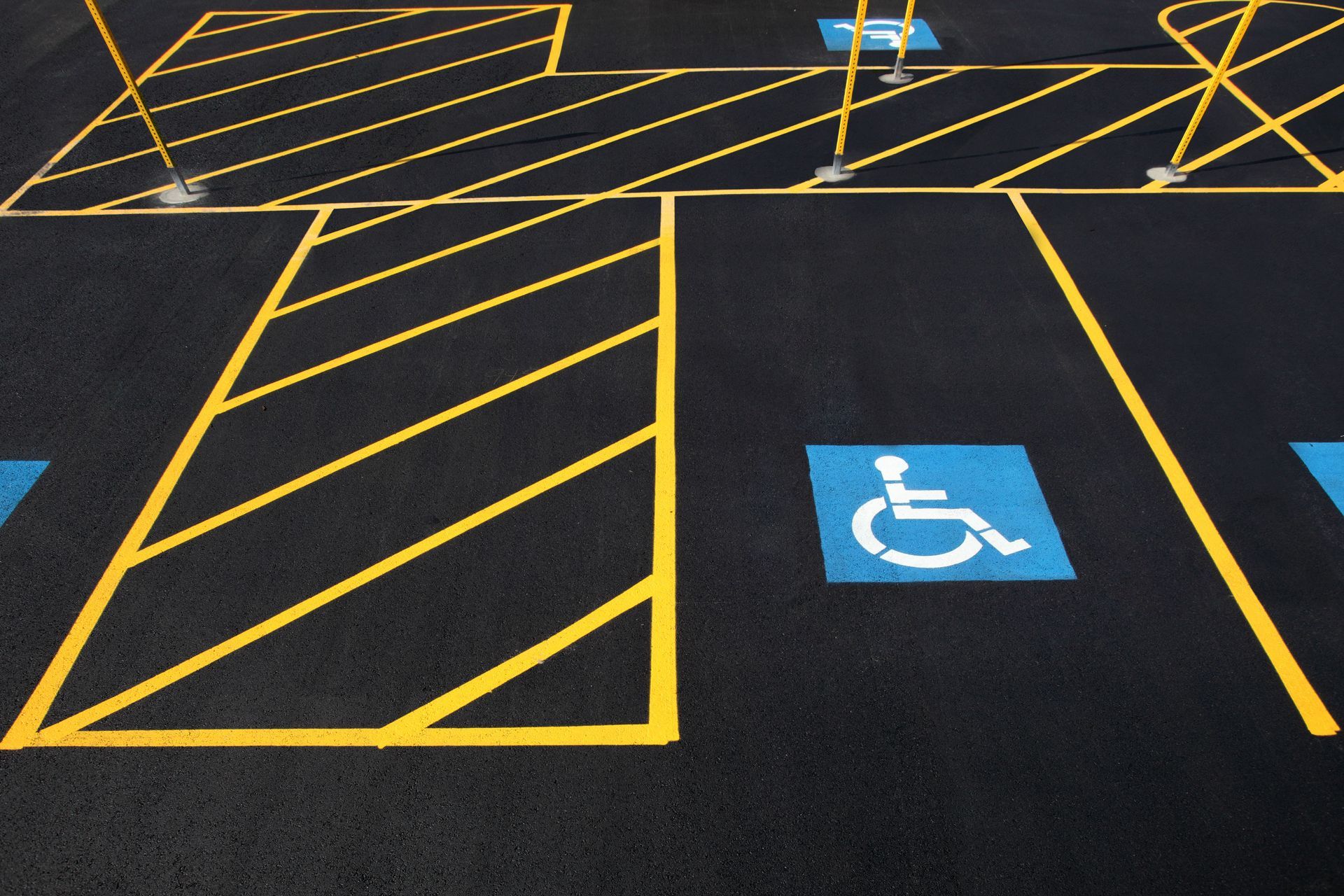
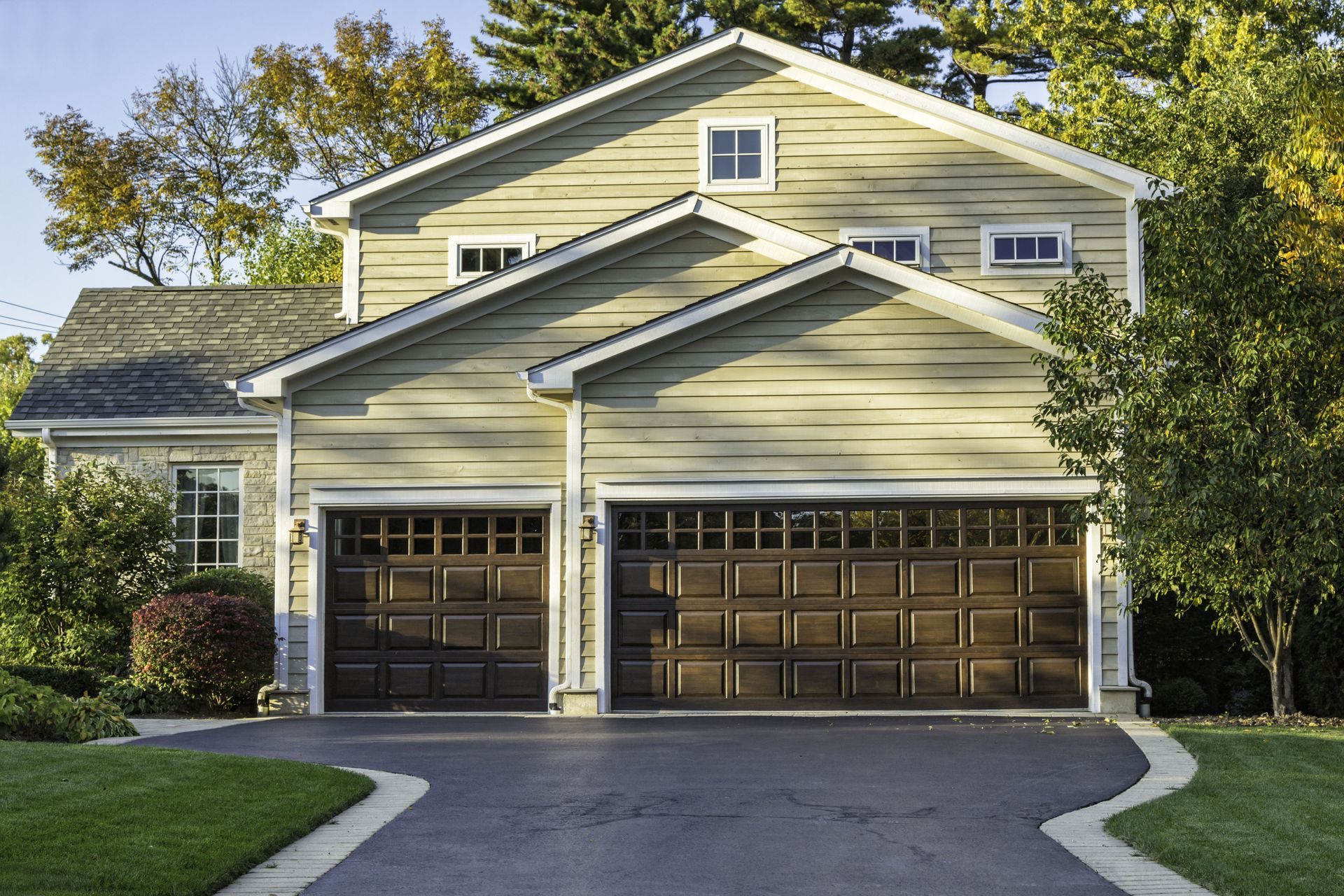
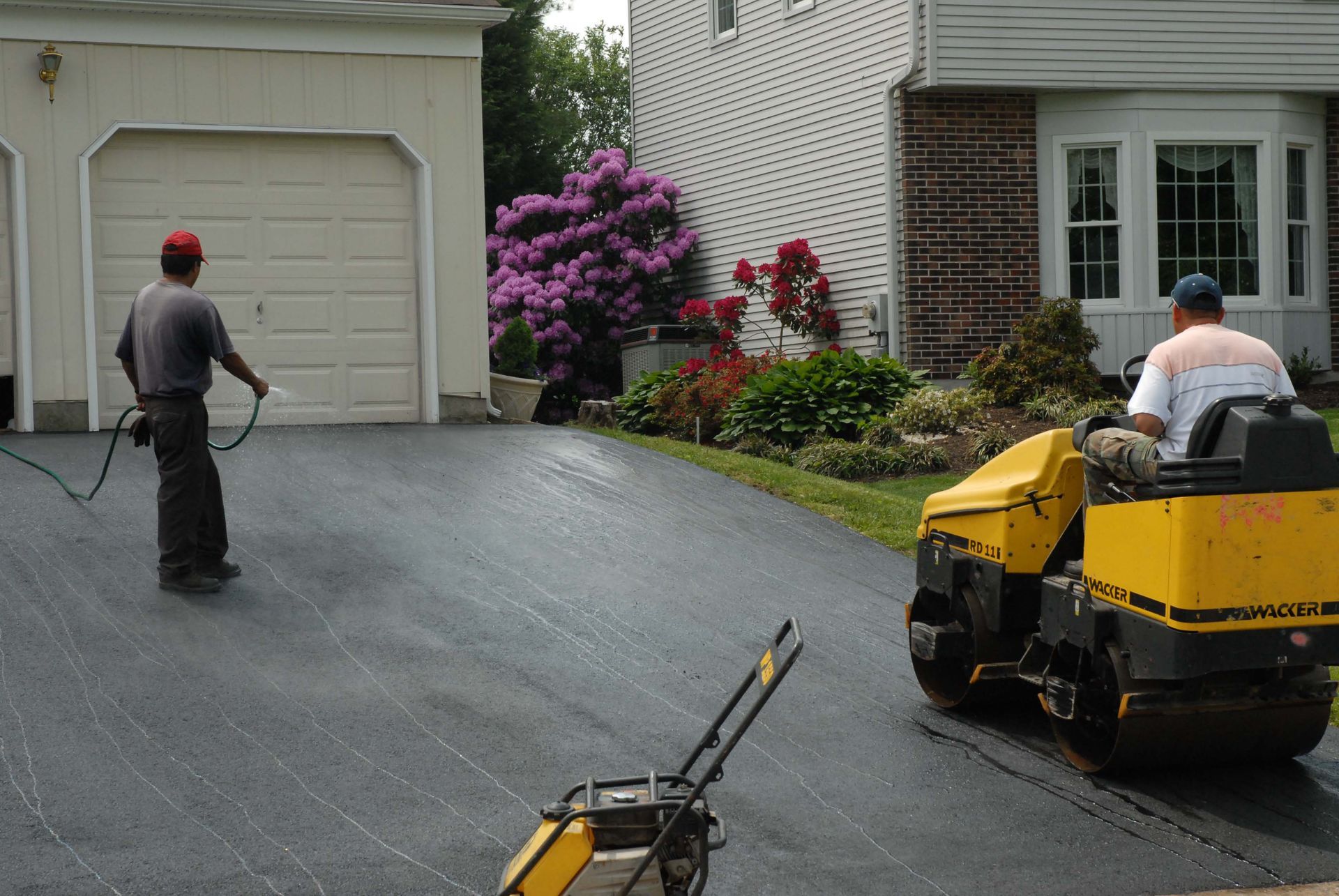

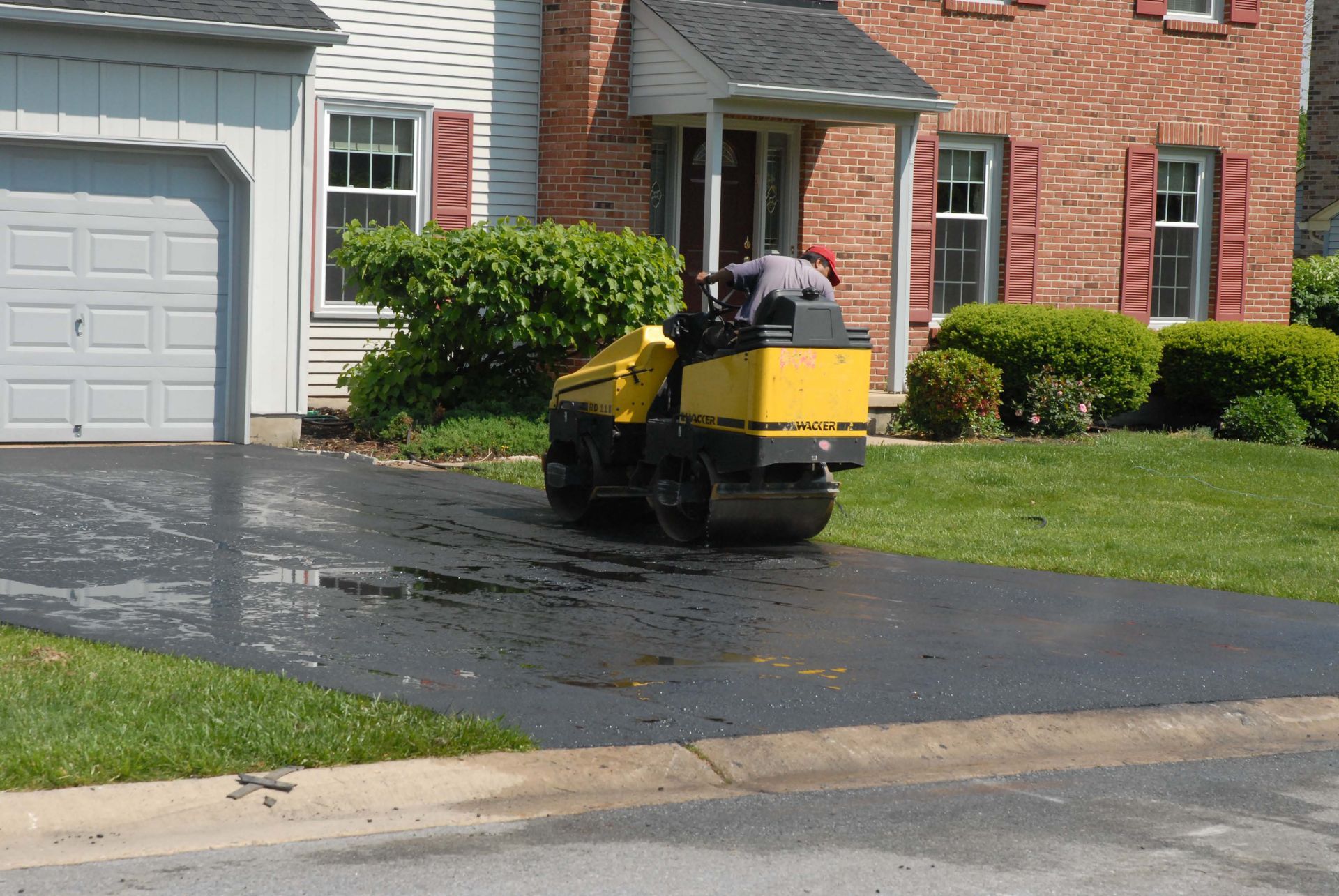
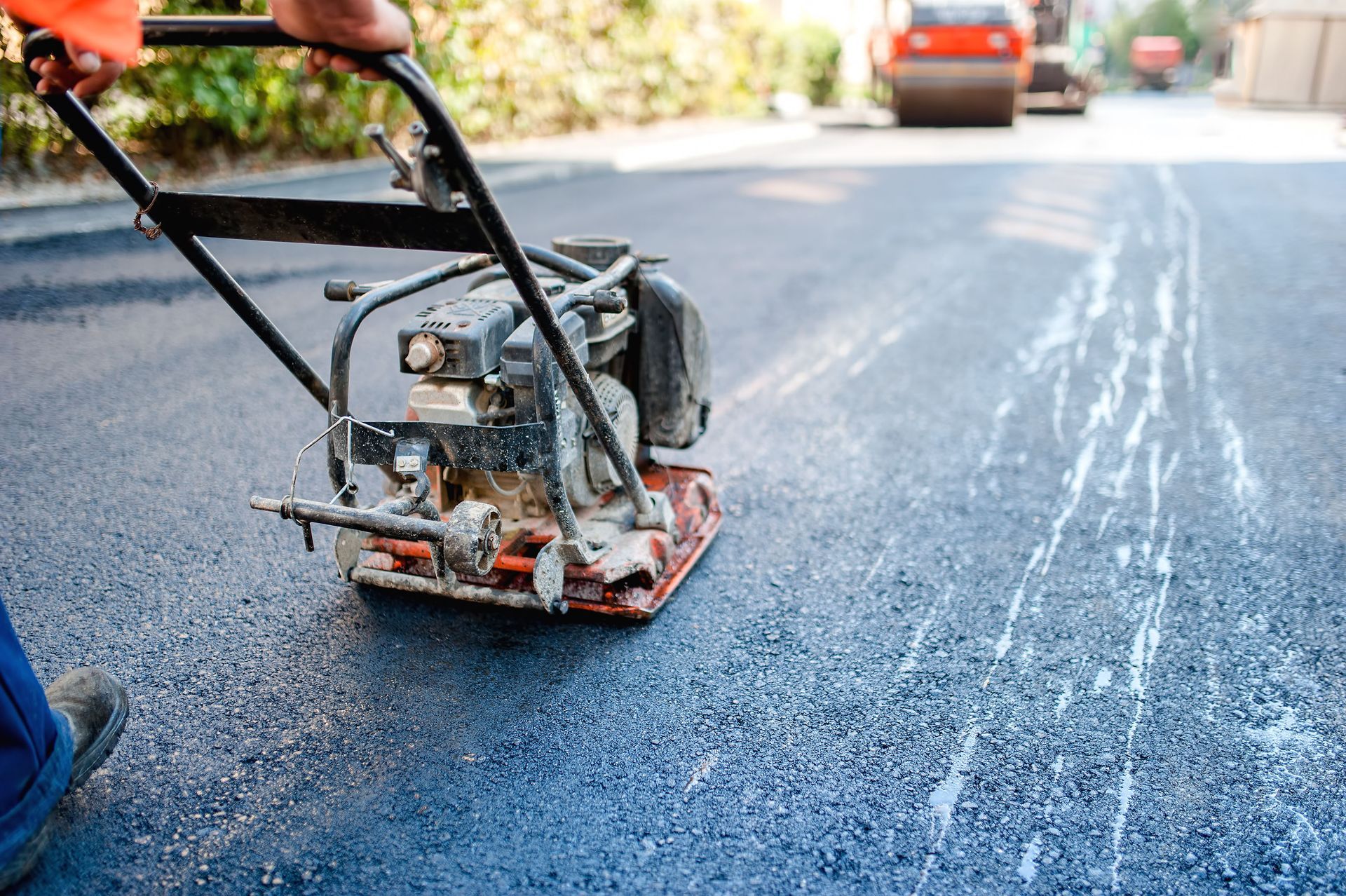
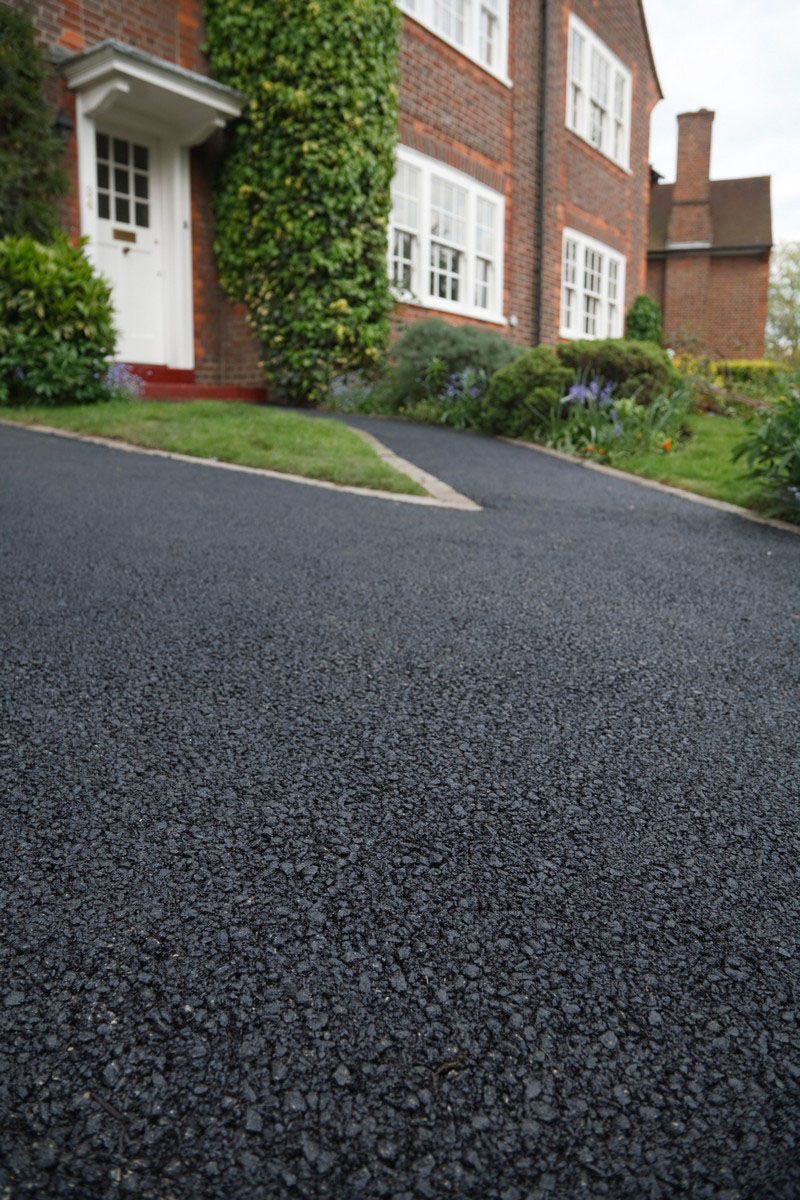
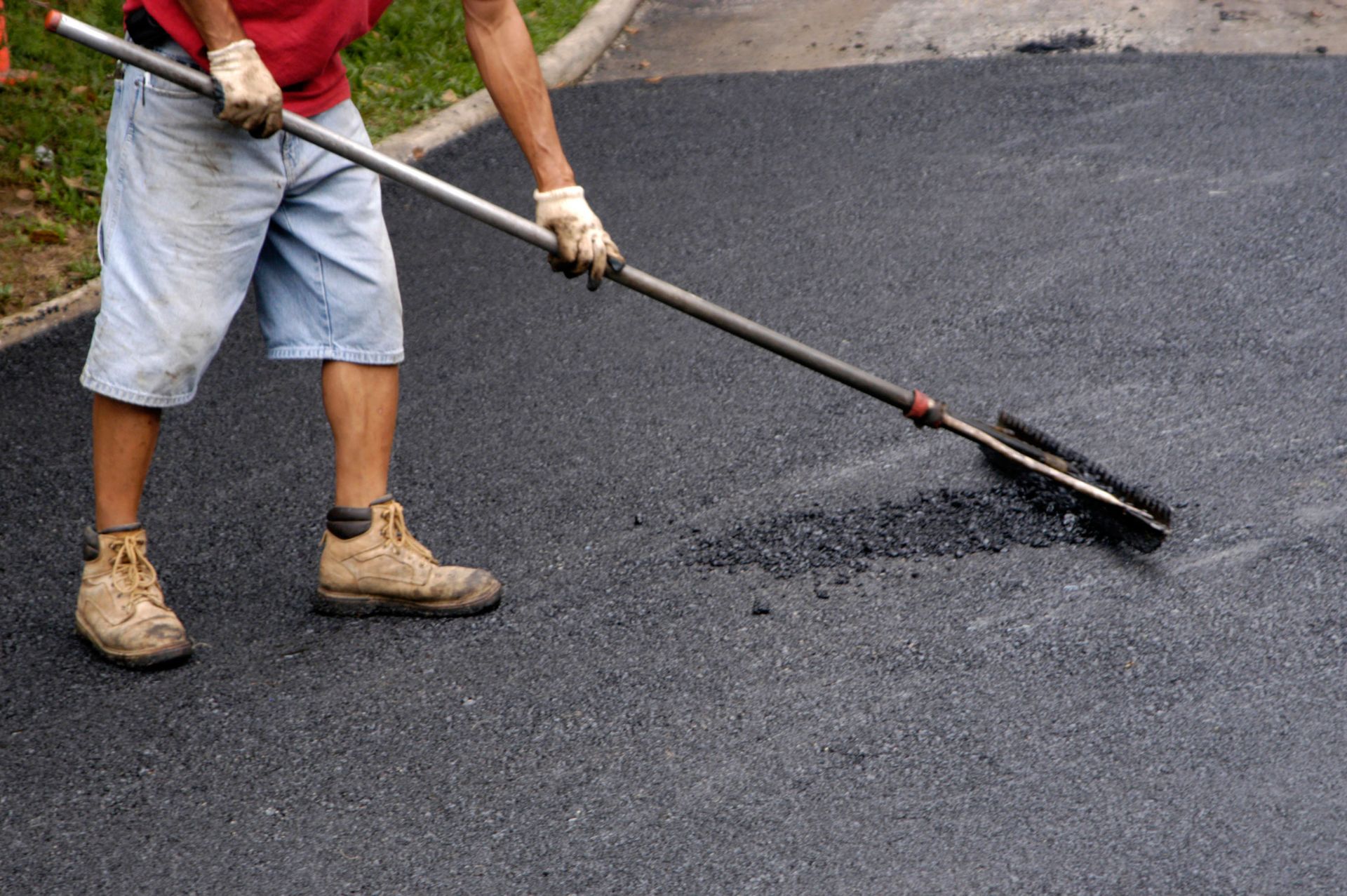
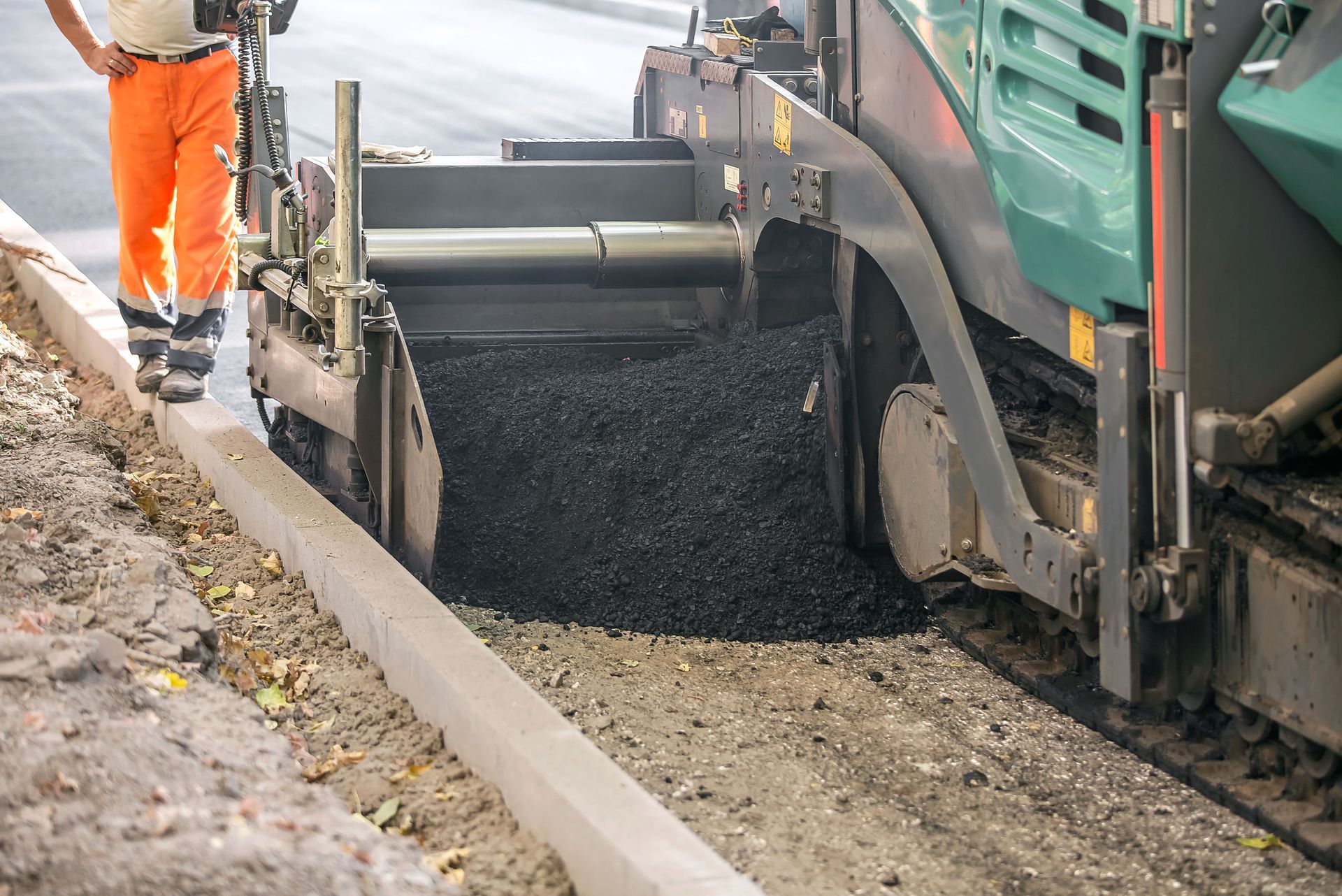
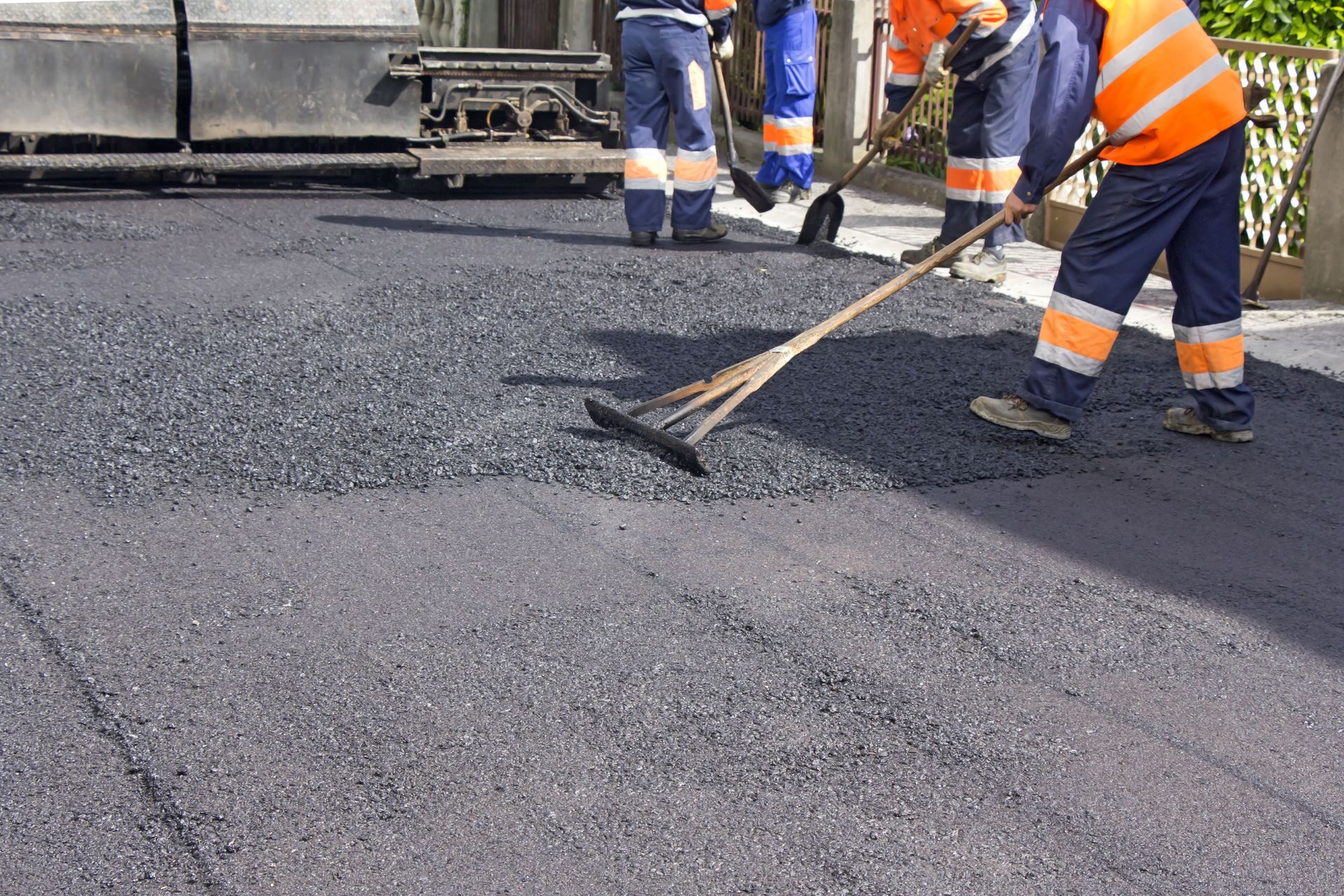
Share On: